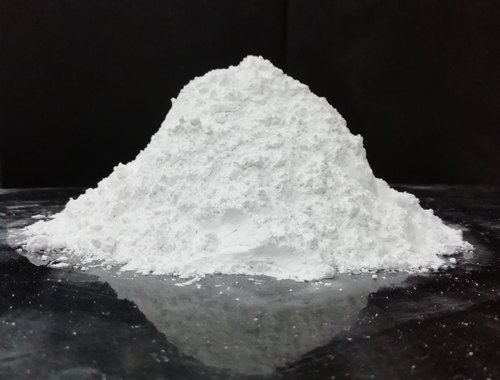Ground Calcium Carbonate (GCC) is a mineral substance that holds significant importance in various industries, yet its intricacies may seem daunting to grasp. Fear not! Let’s delve into six perspectives to demystify GCC and understand its relevance in everyday applications.
1. What is Ground Calcium Carbonate?
Ground Calcium Carbonate is a finely ground form of calcium carbonate, a naturally occurring mineral. It is commonly found in the Earth’s crust and can be extracted through mining or quarrying. GCC is versatile, finding use in industries ranging from construction to agriculture.
2. Chemical Composition
Chemically, GCC is primarily composed of calcium carbonate (CaCO3). It forms when calcium ions in water react with carbonate ions, often originating from the shells of marine organisms. This reaction produces the calcite or aragonite crystals that comprise GCC.
3. Industrial Applications
GCC serves as a crucial ingredient in various industries:
- Construction: In the construction industry, GCC is used as a filler material in concrete, asphalt, and sealants. Its fine particles enhance strength and durability while reducing costs.
- Paper: In paper production, GCC acts as a coating pigment and filler, improving paper quality and reducing pulp usage.
- Plastics: GCC is added to plastics to enhance stiffness, impact resistance, and surface finish. It also reduces material costs and environmental impact.
- Pharmaceuticals: In pharmaceuticals, GCC serves as an inert filler in tablets and capsules, aiding in proper dosage and stability.
- Agriculture: GCC is used as a soil conditioner to neutralize acidic soils and provide calcium to plants, promoting healthy growth.
4. Environmental Impact
GCC extraction and processing can have environmental implications, including habitat disruption and energy consumption. However, efforts are underway to minimize these impacts through sustainable mining practices and energy-efficient processing techniques.
5. Health and Safety
GCC is generally recognized as safe for use in various applications, including food, pharmaceuticals, and cosmetics. However, like any fine particulate matter, inhalation of GCC dust should be minimized to prevent respiratory irritation. Proper safety measures, such as dust control and personal protective equipment, should be employed in handling GCC powders.
6. Future Trends
Looking ahead, the demand for GCC is expected to grow as industries strive for sustainable and eco-friendly solutions. Innovations in GCC production, such as utilizing waste materials or employing greener extraction methods, will likely shape its future landscape.
In conclusion, Ground Calcium Carbonate is a versatile mineral with widespread applications across industries. Understanding its properties, uses, and environmental considerations is essential for harnessing its full potential while minimizing its impact on the planet. By embracing innovation and sustainability, we can ensure that GCC continues to benefit society for generations to come.

